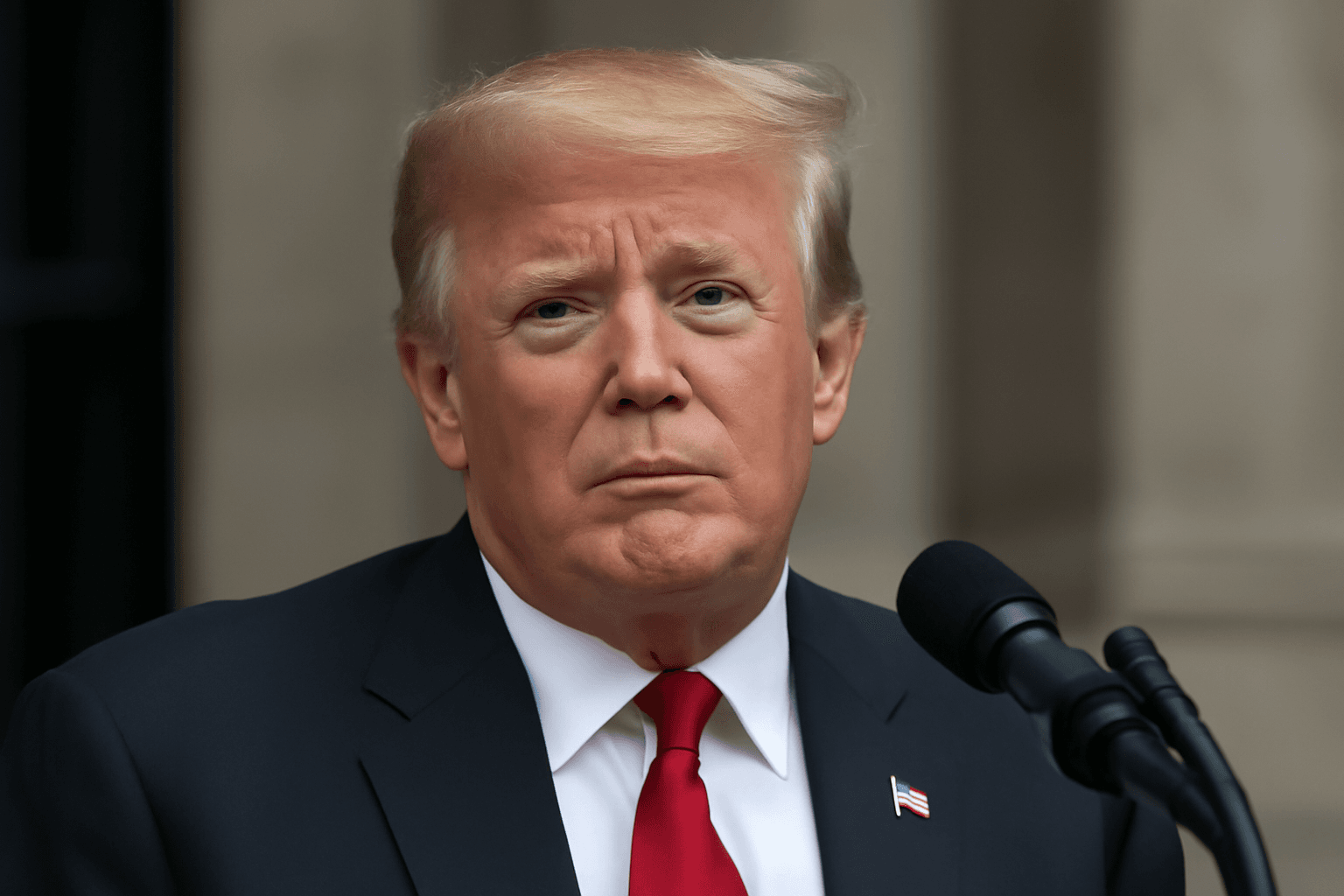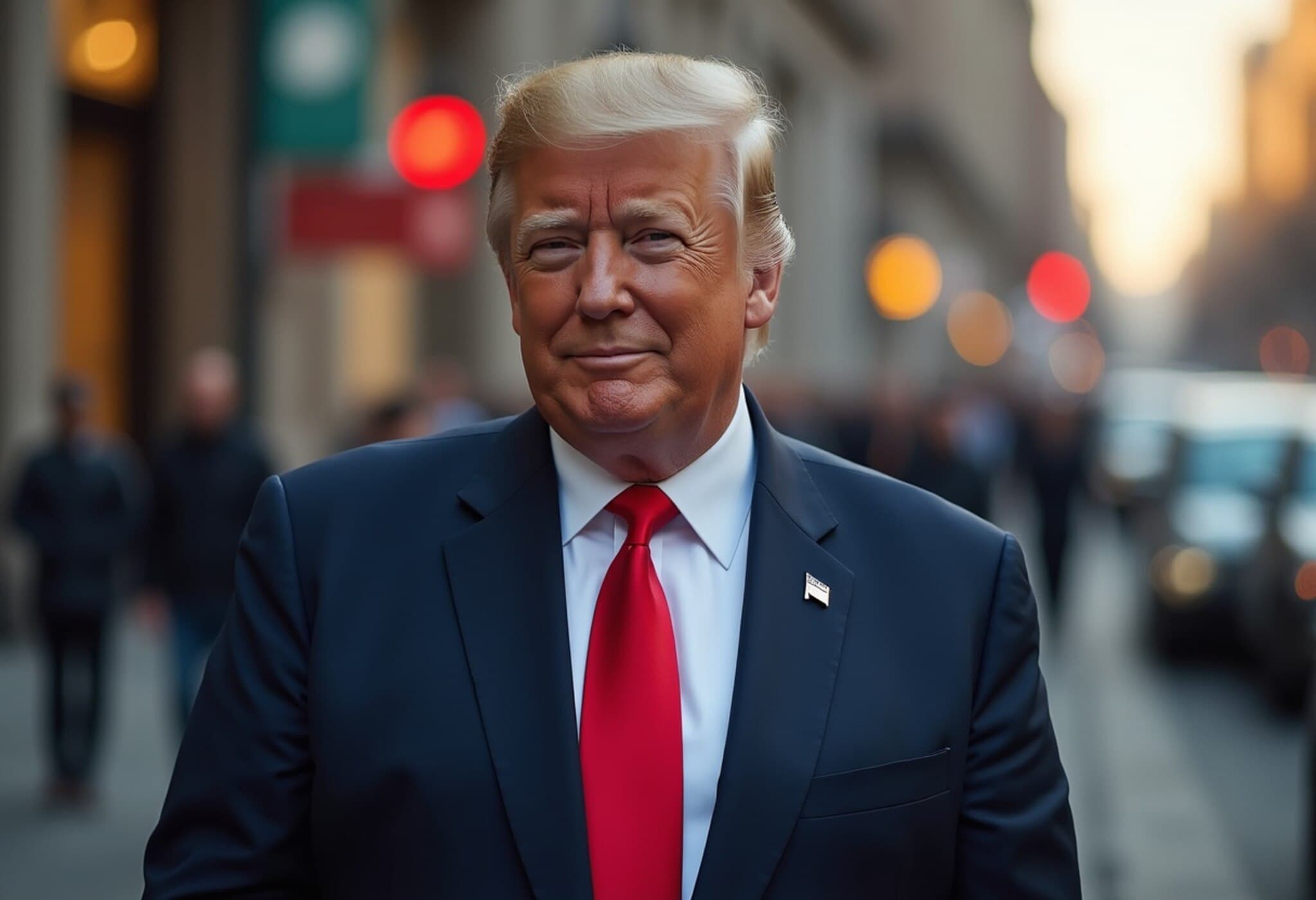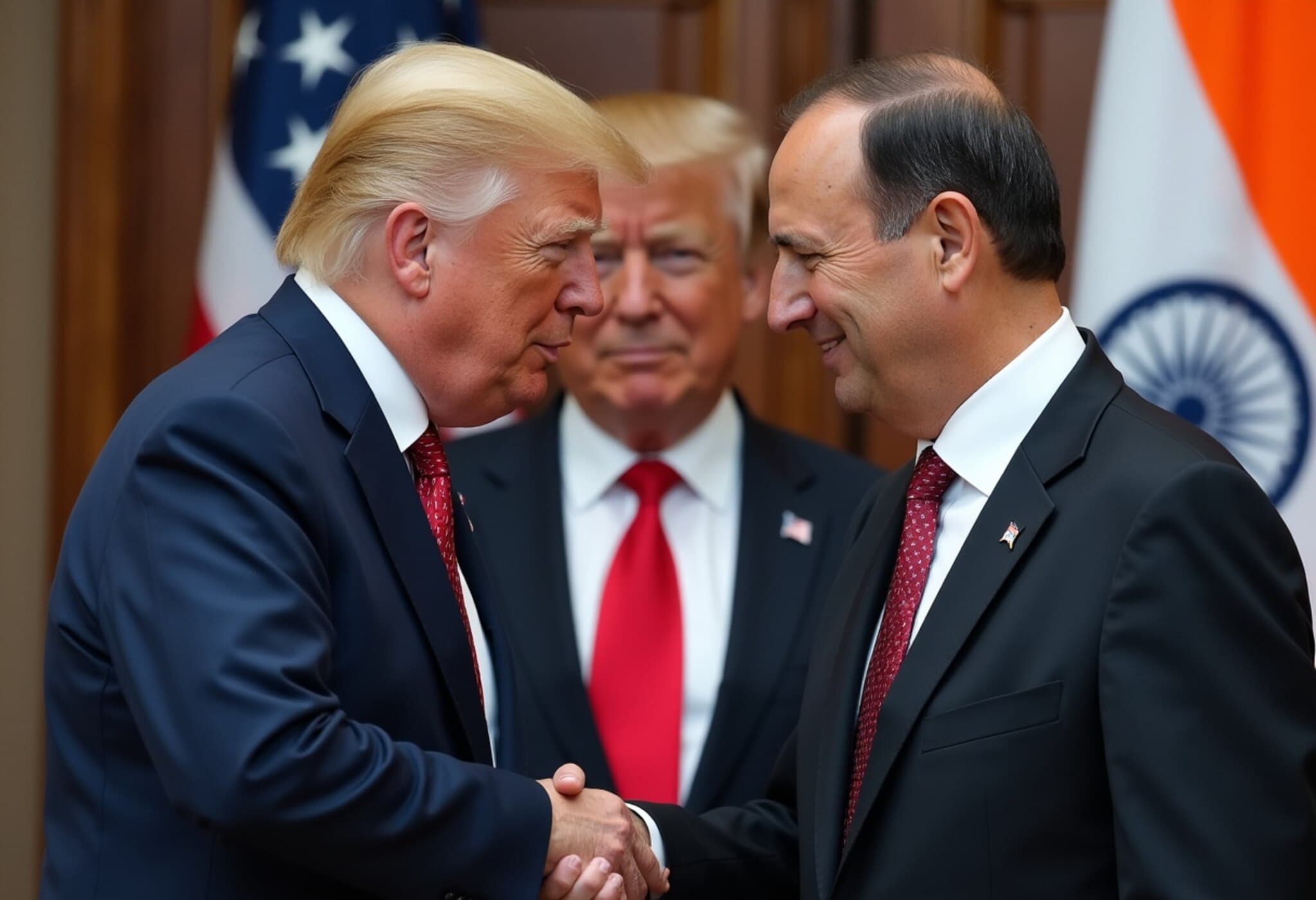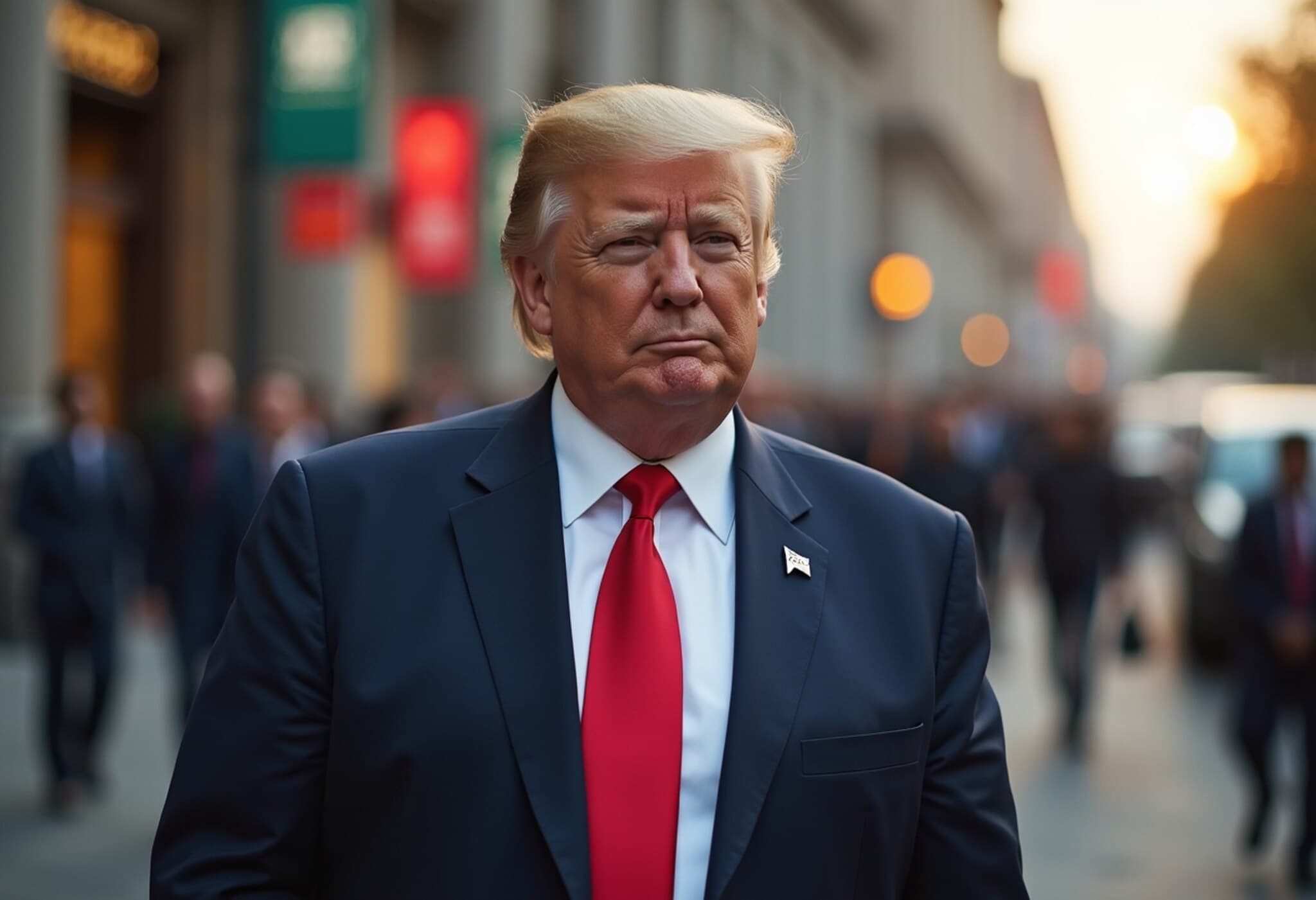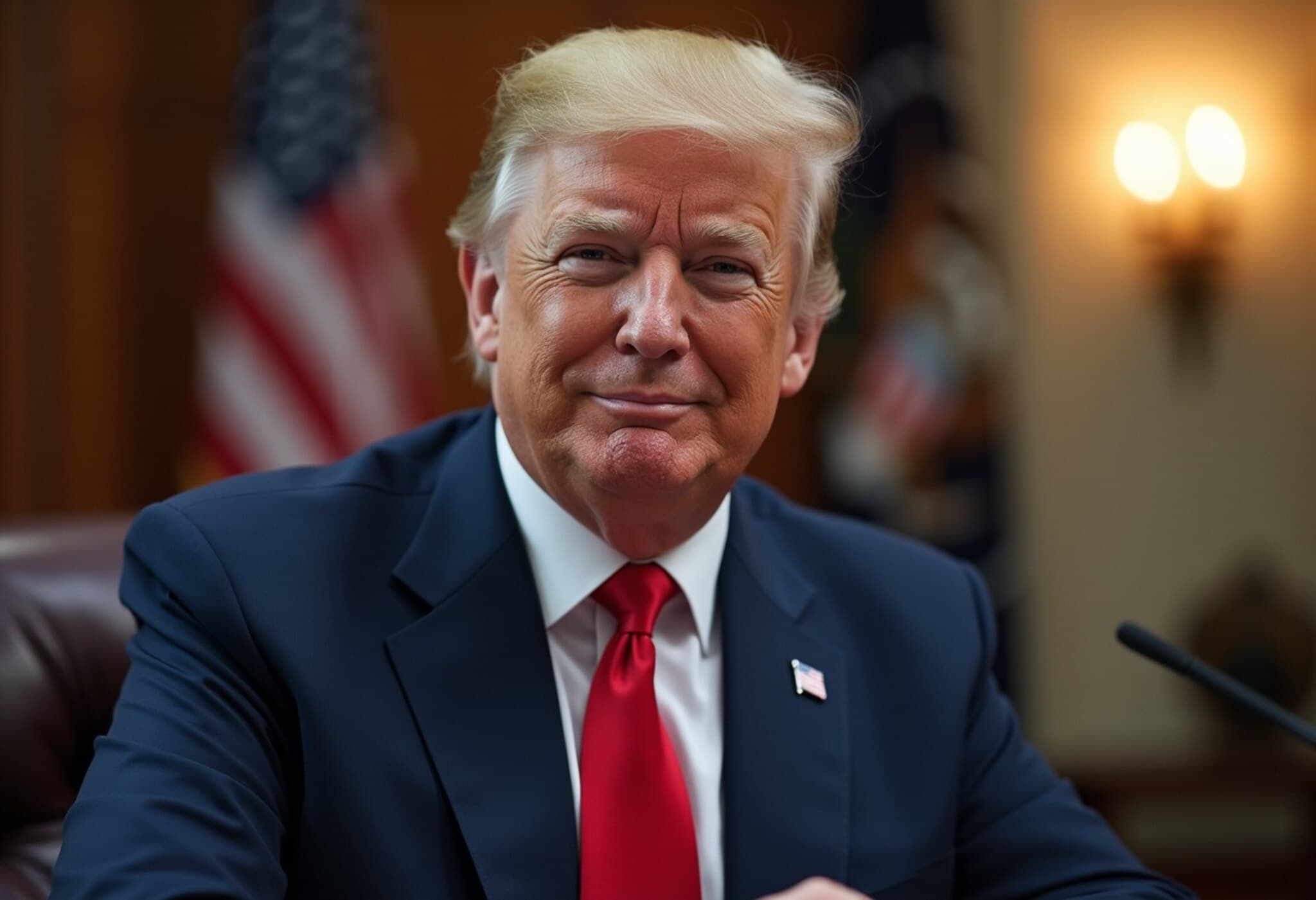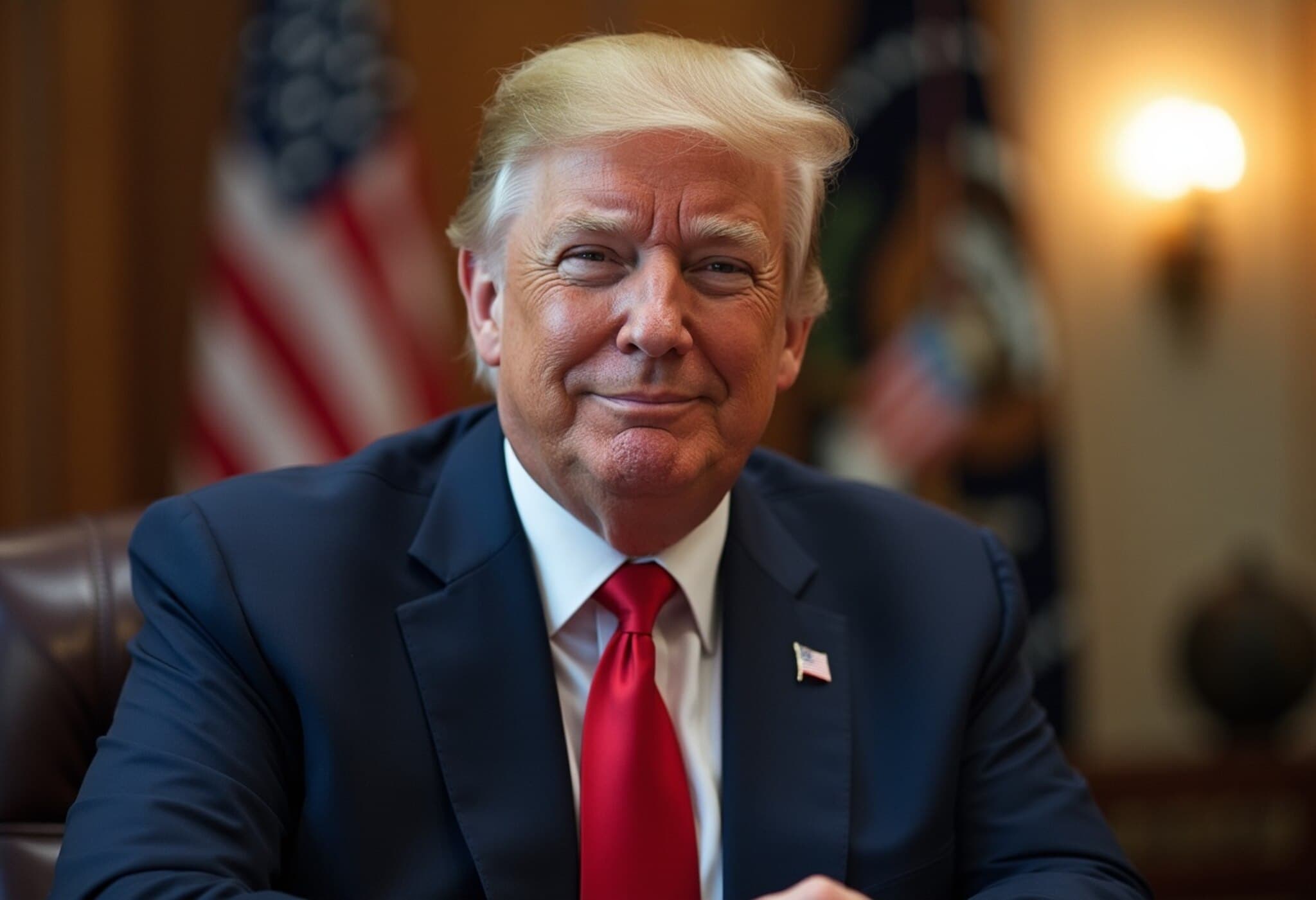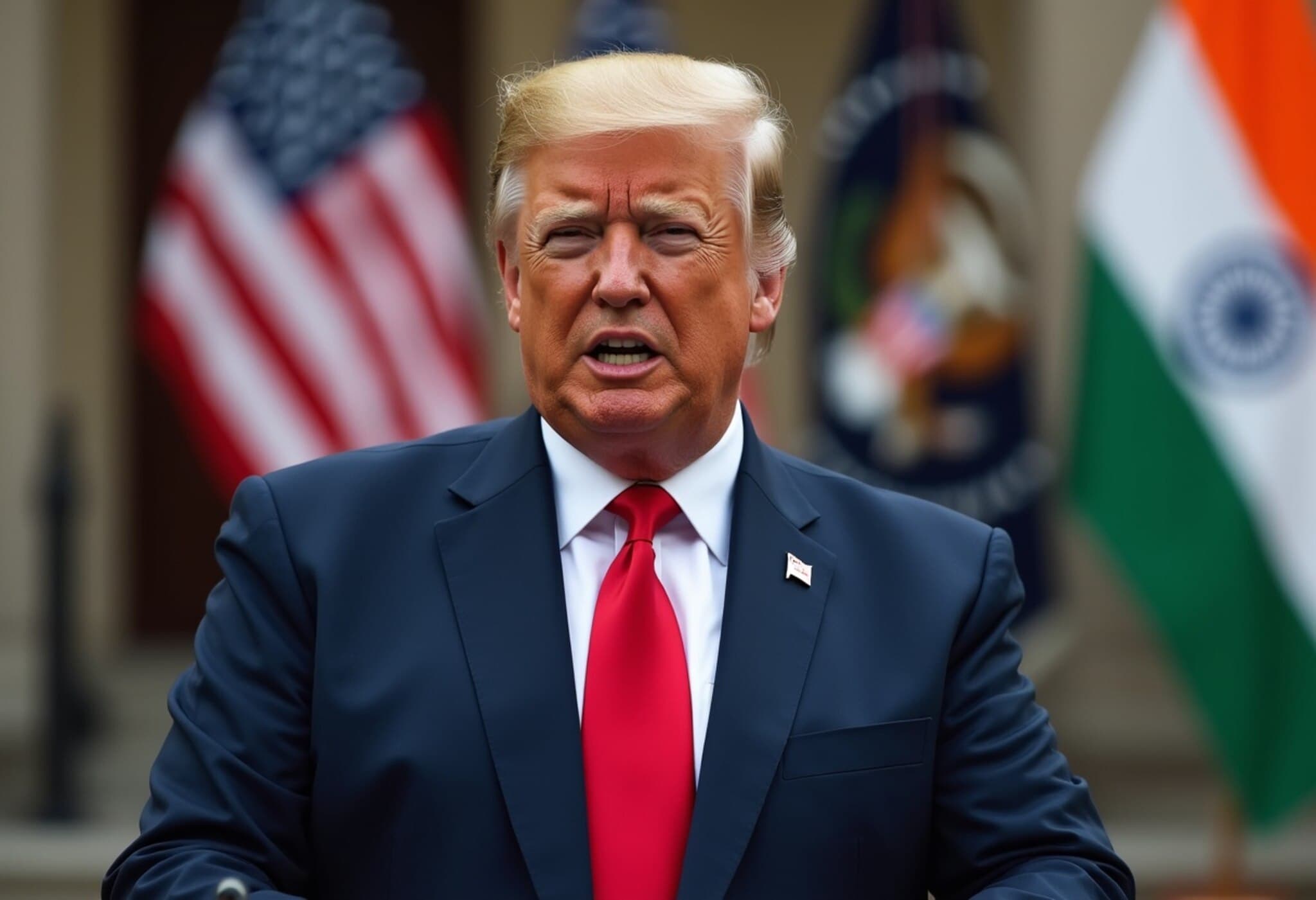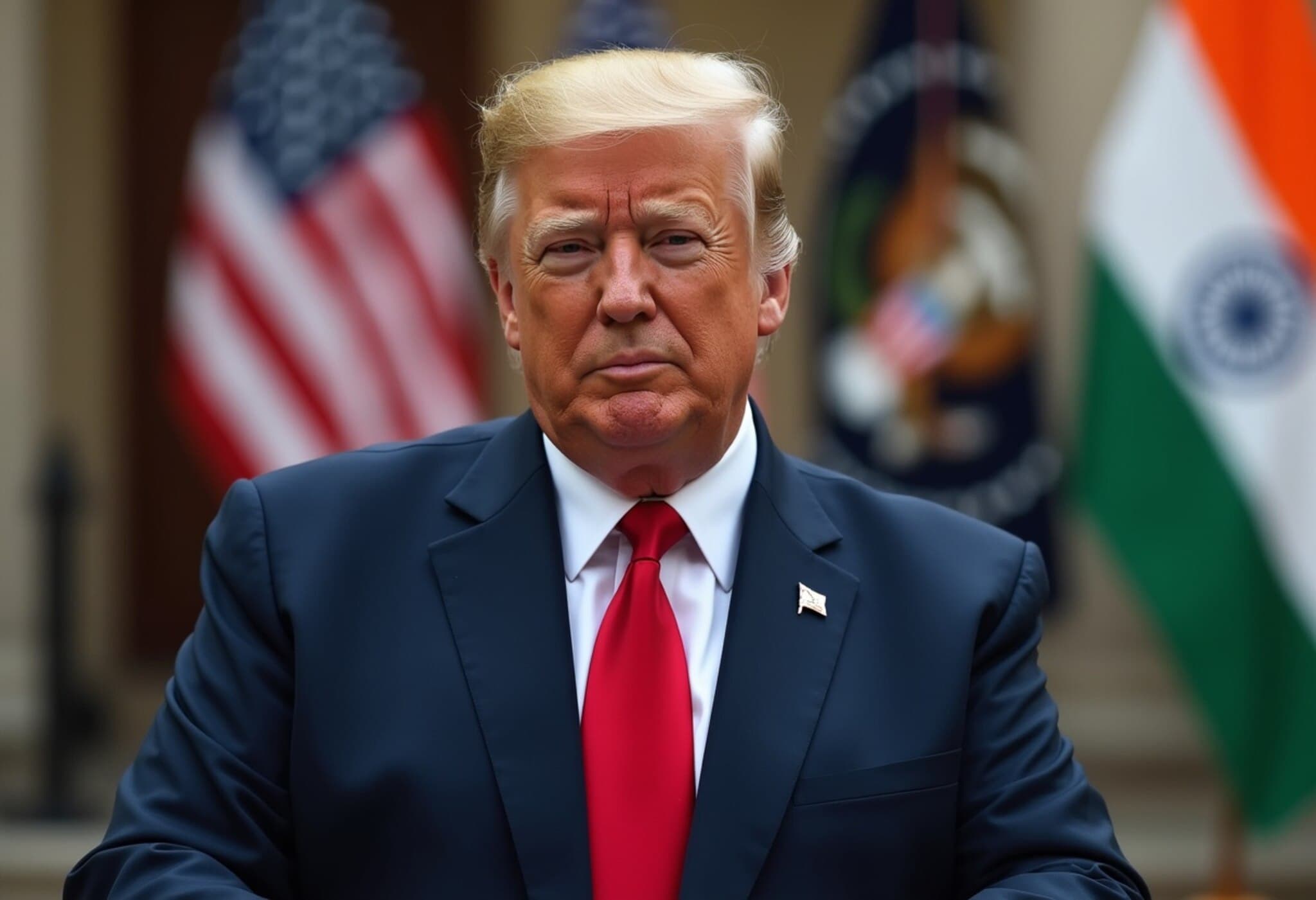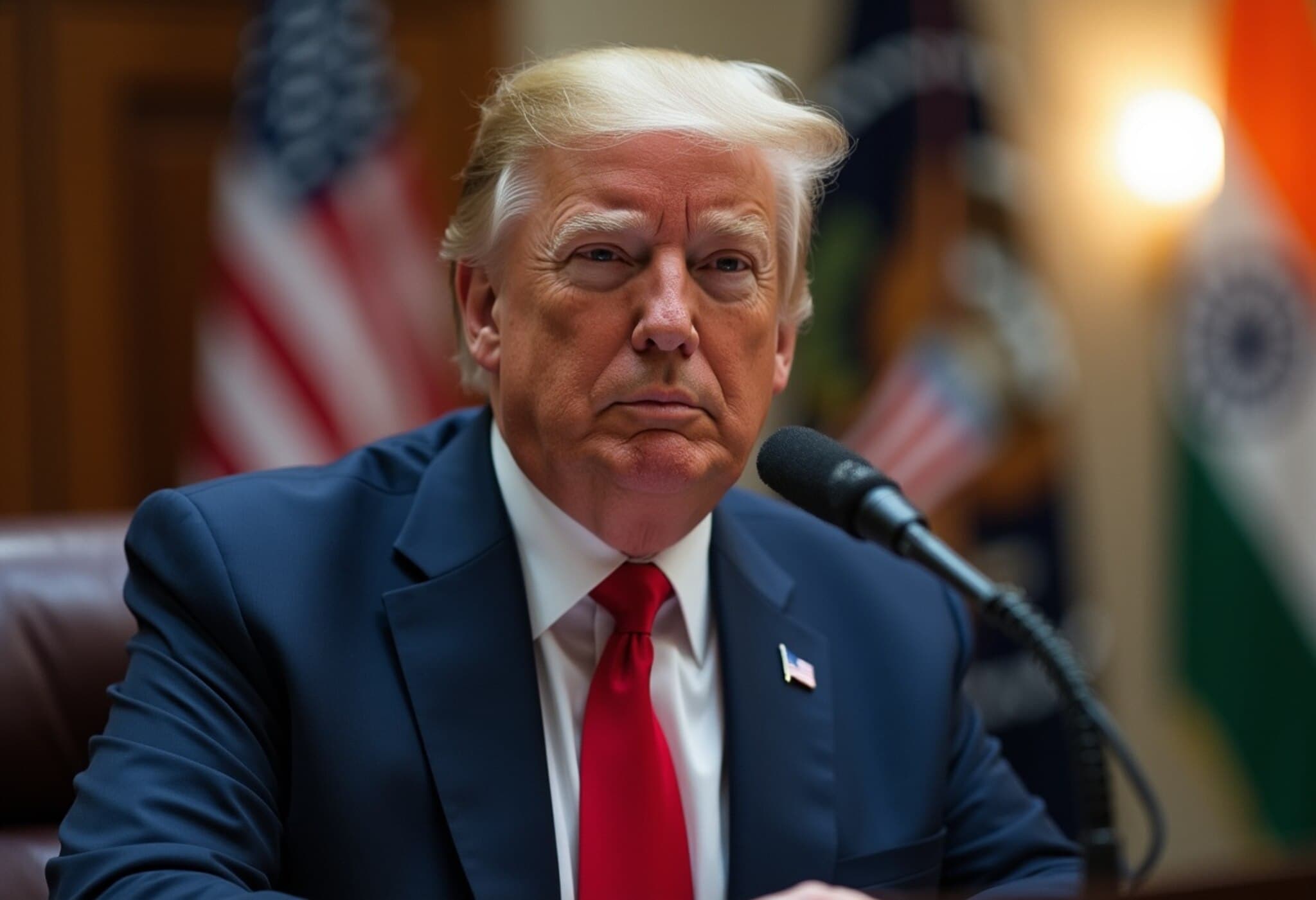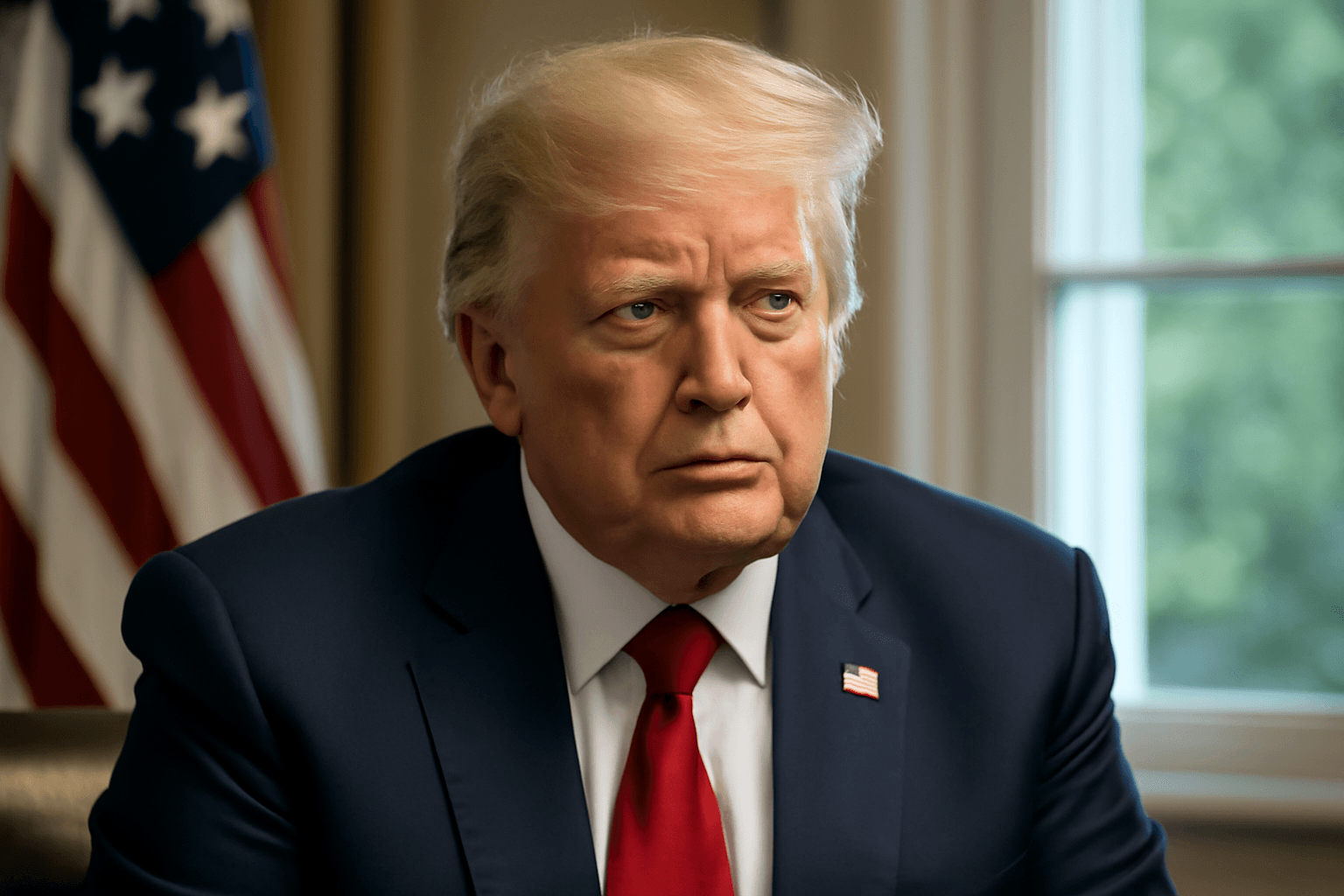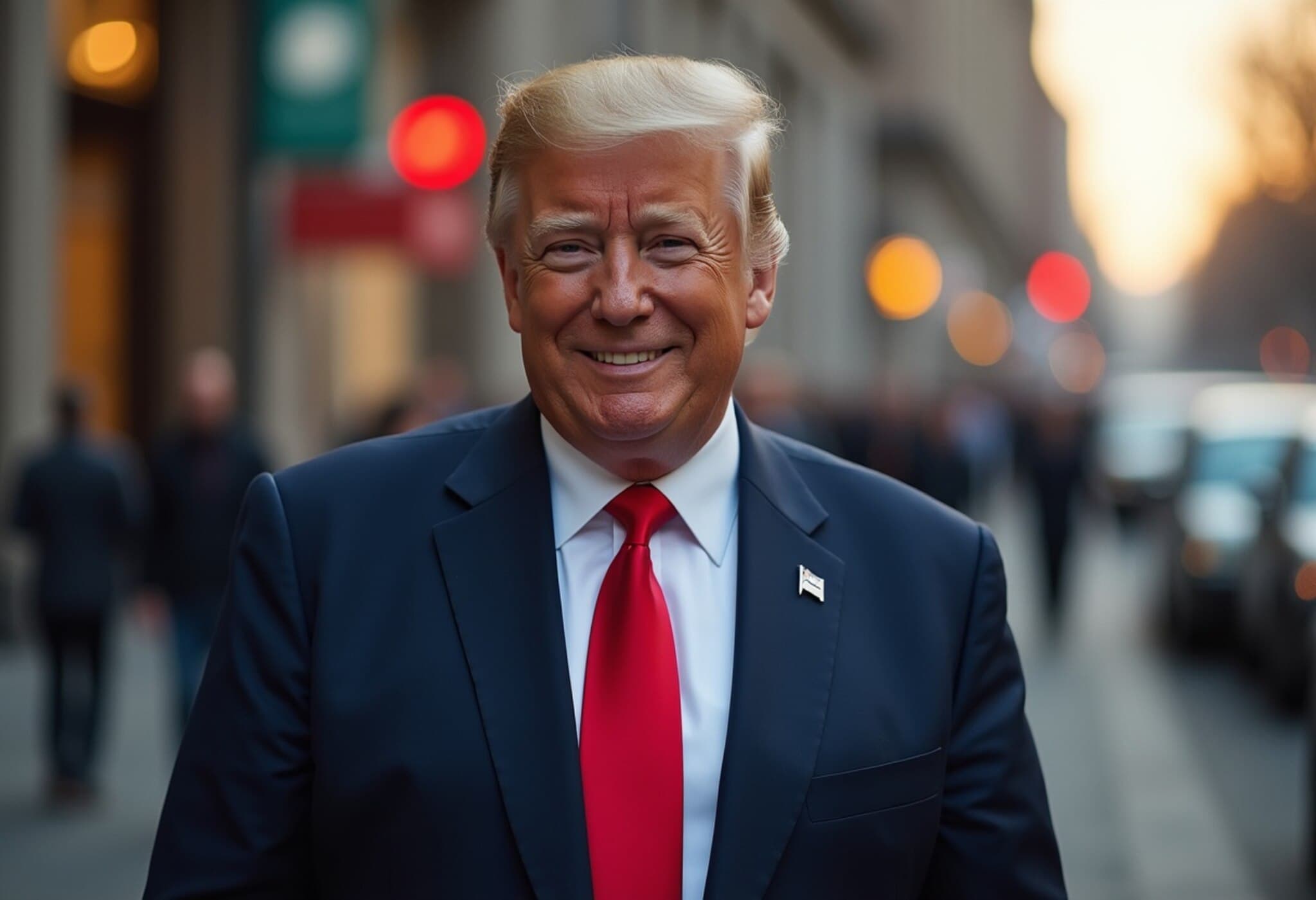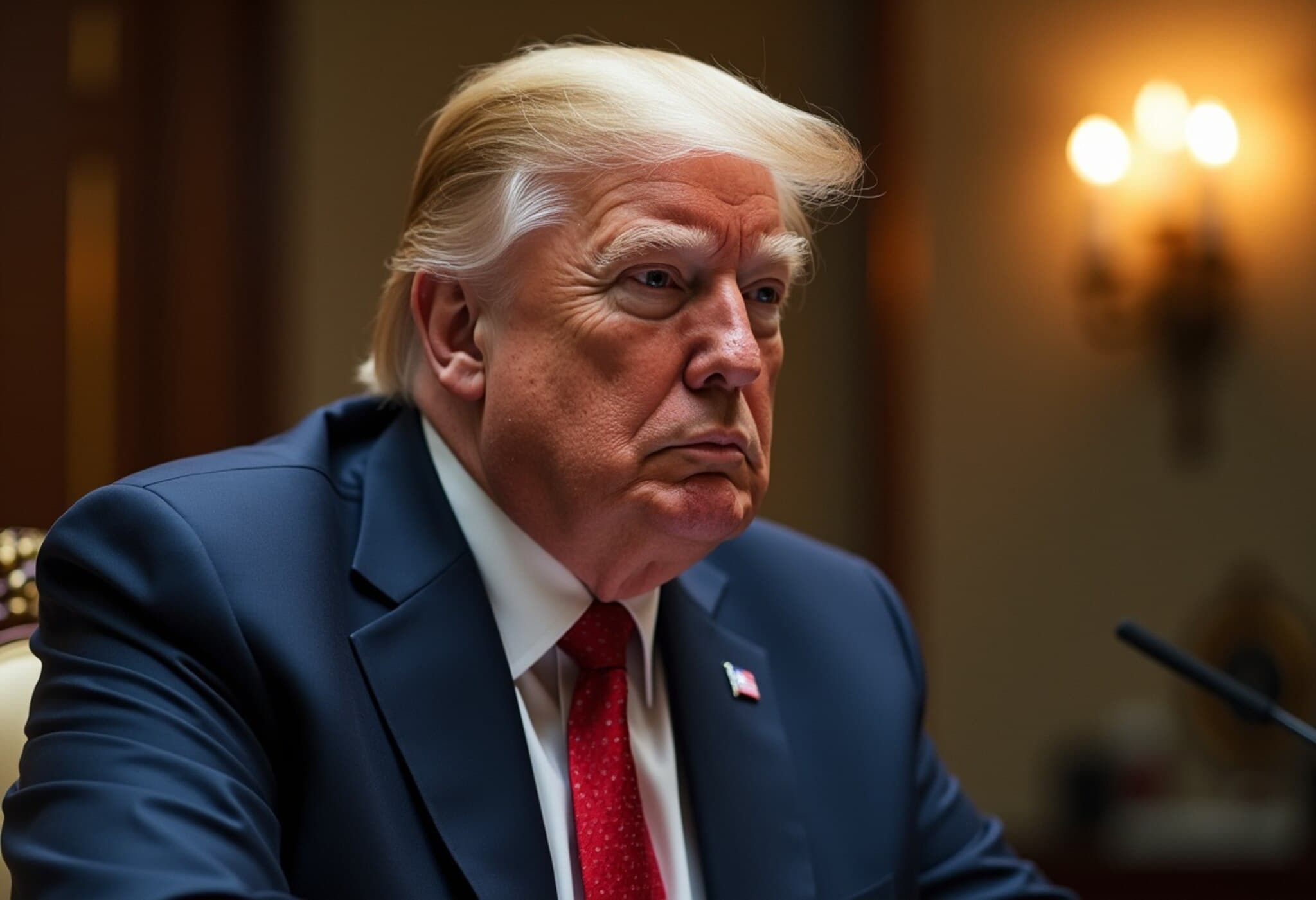Trump Praises India's Reported Move Away from Russian Oil Amid Trade Dispute
Former US President Donald Trump recently remarked that he "heard" India has ceased buying oil from Russia, calling it a "good step." His statement, made during a press interaction on August 2, 2025, comes amidst escalating trade tensions between the United States and India that have drawn global attention.
Background: Rising Trade Friction and Tariff Announcements
The day before Trump's comments, the White House announced tariffs targeting imports from approximately 70 countries, including a significant 25% tariff on Indian goods. This punitive measure is intertwined with concerns over India's continued procurement of military equipment and energy resources from Russia, amid global sanctions targeting Moscow for its actions in Ukraine.
India’s Position and Official Response
When questioned at a Ministry of External Affairs briefing, spokesperson Randhir Jaiswal emphasized that India’s energy sourcing decisions are fundamentally market-driven, relying heavily on international pricing and prevailing geopolitical circumstances. Jaiswal refrained from confirming any specific halt in Russian oil purchases, highlighting the dynamic nature of India’s energy strategy.
Trump’s Critique of US-India Economic Relations
Trump reiterated his longstanding criticism of India’s trade policies, underscoring the significant bilateral trade deficit that, in his view, stems from India’s high tariffs and stringent non-tariff barriers. According to Trump, these trade obstacles have limited US business engagement, despite the two nations' friendly diplomatic ties.
He further voiced disapproval of India’s historical reliance on Russian military supplies and energy imports — positioning India alongside China as major beneficiaries of Russian trade, even as much of the international community seeks to isolate Russia economically to pressure a resolution in Ukraine.
Geopolitical Implications and Economic Realities
Trump’s recent posts on Truth Social illustrated a blunt stance, suggesting that India and Russia might "take their dead economies down together," while reaffirming little desire for US economic integration with either nation under current conditions.
Experts highlight that Trump’s comments reflect longstanding US concerns over trade imbalances and geopolitical alignments. The tariffs and the rhetoric around energy procurement underscore the complicated balancing act India faces: managing strategic autonomy in energy security and defense procurement while navigating pressures from its key global partners.
Expert Insight: What This Means for the Future of US-India Relations
- Trade negotiations: The escalating tariffs signal a potential recalibration of trade diplomacy, warranting closer US-India dialogues to address structural trade barriers.
- Energy diplomacy: India’s energy diversification strategy remains critical, especially as the global energy landscape shifts with sanctions against Russia.
- Geopolitical balancing: India’s engagement with Russia reflects a nuanced foreign policy aimed at safeguarding its defense and energy needs amidst a polarized global environment.
As India charts its course in a rapidly evolving geopolitical landscape, the interplay between economic interests and strategic partnerships will be central to its international relations moving forward.
Editor’s Note
Trump’s remarks shed light on deeper, persistent tensions underlying US-India economic and strategic ties. While India’s approach to Russian energy reflects pragmatic considerations, it also challenges the US-led global strategy against Russia’s actions in Ukraine. Key questions remain about how diplomatic engagement will evolve amid these complexities: Can the United States and India reconcile differing priorities to foster mutually beneficial trade and security cooperation? How will India balance its strategic autonomy against emerging global expectations? These evolving dynamics demand ongoing scrutiny from policymakers and observers alike.

